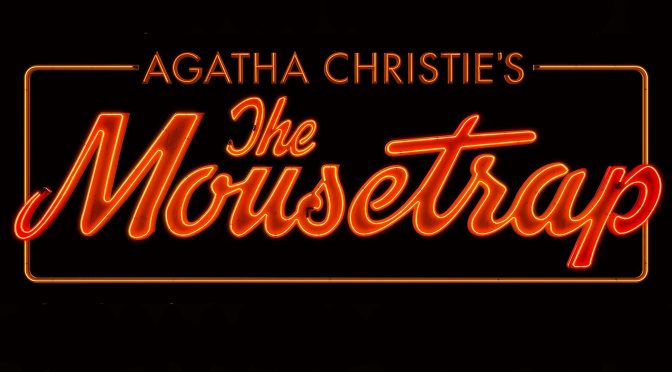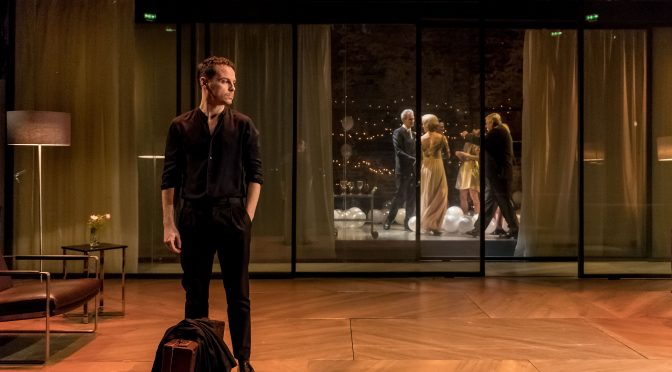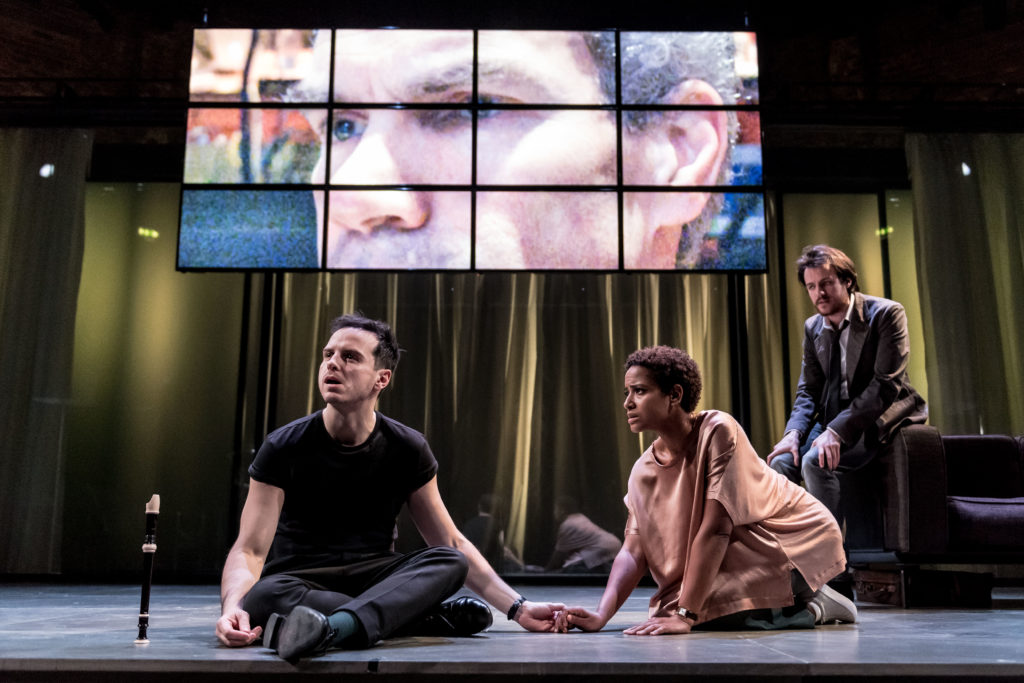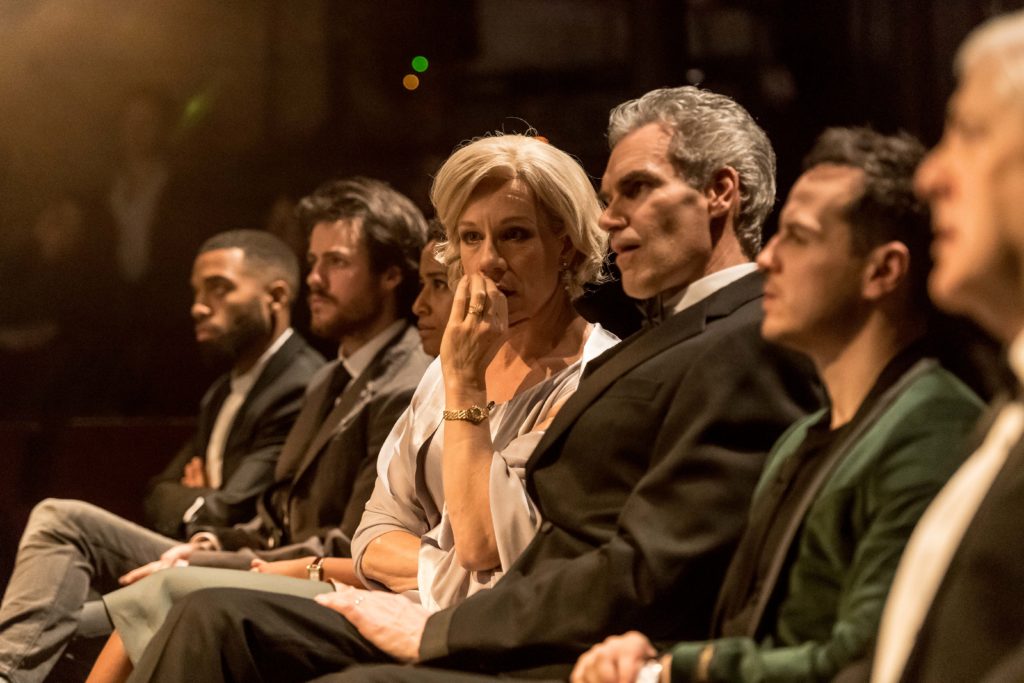It feels appropriate that the first big show to reopen after lockdown is the West End’s longest running. After a hiatus in its record-breaking 68-year run, Agatha Christie’s whodunit is back in fine form and with a new idea – two casts are taking turns to perform the show. I enjoyed it so much that I might see both.
The Mousetrap is one show where any plot spoiler would be unforgiveable… more on that later. And the murder mystery’s success speaks for itself – the story is excellent. But it should be stressed that the new cast I saw are superb. Under Ian Talbot’s direction, Cassidy Janson and Danny Mac take the leads as the Ralstons, steering the action and adding to the drama. Meanwhile visitors at the suitably isolated Monkswell Manor are impeccably performed by Alexander Wolfe, Susan Penhaligon, Derek Griffiths, Lizzie Muncey, David Rintoul and Paul Hilliar.
We are used to enjoying Christie adaptations, but her biggest hit reminds us what a solid playwright she could be. We know the plotting is unparalleled and accept the characterisation falls short. But it is a pleasant surprise to be reminded that the show is, quite simply, perfect light entertainment.
The Mousetrap knows it is funny. Although maybe not written to be giggled over in quite the way a modern audience can do, there is plenty of wit here. Christie and the cast play with the stock characters setting up our suspicions. And staging the manor house genre is neatly served by the all the comings and goings. Expectations are masterfully played with – consider the joke that a post-war lack of servants means there isn’t a butler in sight.
Meanwhile, characters remind us we can take The Mousetrap seriously – should we wish. Indeed, the insistence that we could do so is the one thing that slows the show down after the interval. Glimpses into a painful motive for murder carry weight and are unveiled with care. And the final revelation still provides a shock, even if it isn’t one of Christie’s best.
Playing with its audience in a manner that might strike you as surprisingly knowing, it’s worth remembering that back in 1952 Christie and her genre were firmly established. Theatre goers then and now know the rules of this game and love it. The final address to the audience – after the curtain – calls for us all to keep the secret of the play. The confirmation of complicity with an audience is always welcome and, after such a long break, moving. It’s my favourite part of the show!




